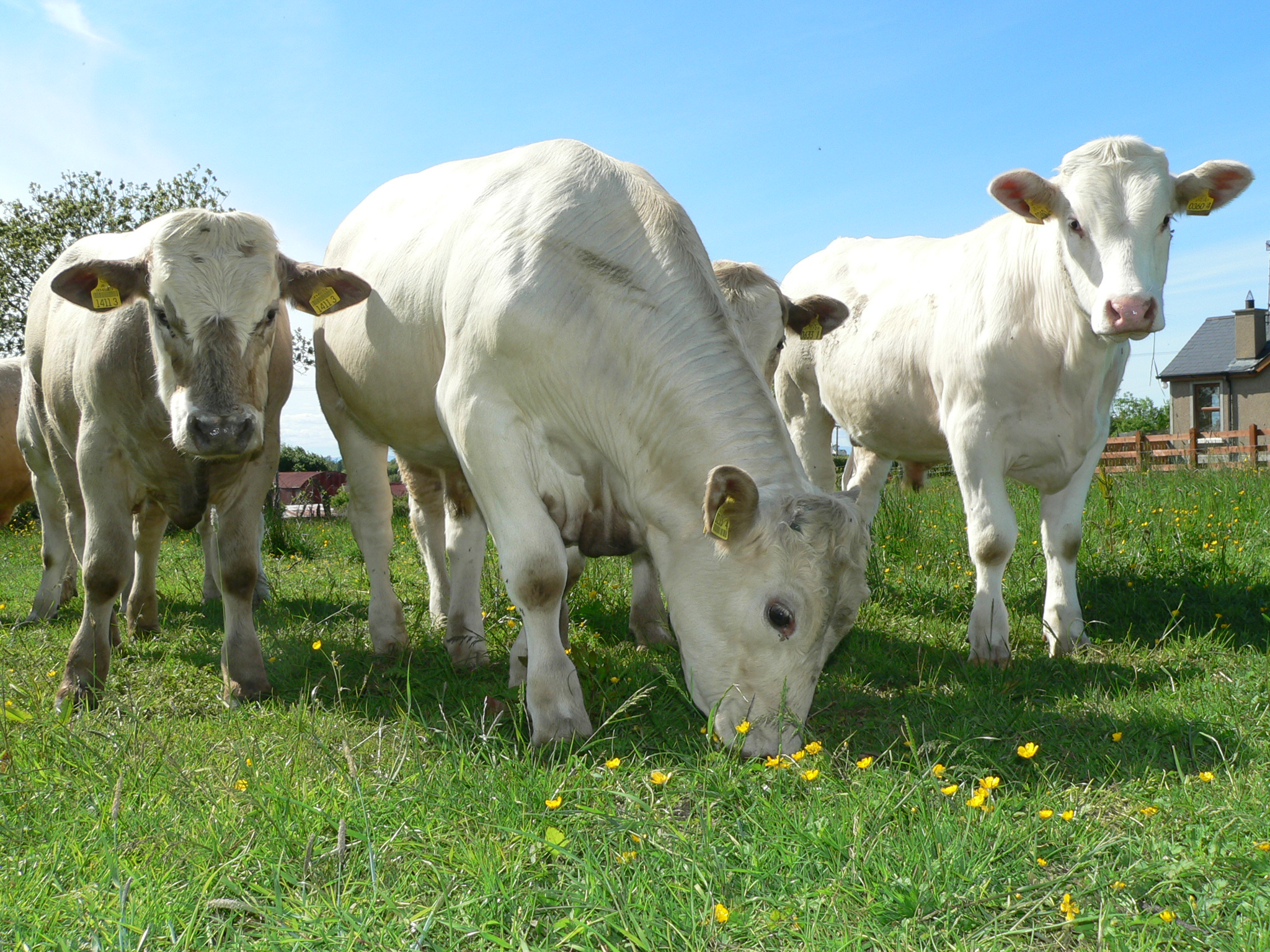
Policy manager blog by James McCluggage
As one of the largest and oldest industries, the Northern Irish agriculture sector has been the foundation stone on which economic activity and employment has been built upon in towns and villages rurally. Coupled with its positive and growing status on global markets as a consistent supplier of high quality, sustainably produced food, many governments have prioritised agriculture and food as a major economic driver for the economy, and one in which farm families and industry stakeholders have delivered on.
We need to keep political interest in our sector and keep politicians informed that we should not be sacrificed as farmers for other societal objectives. Reflecting on my past 6 ½ years working at the Ulster Farmers’ Union (UFU), the day-to-day differences are massive. We now have a totally different way of operating as an organisation since Covid. For example, farmers can now attend UFU meetings via Zoom.
Safeguarding NI farming
Initially, I thought Brexit would be the biggest change that I would have to deal with in my working career. However, in a short four-year period, we as an organisation have had to deal with Covid and a Ukraine/Russia war. We also have an increased involvement with other government departments and environmental NGOs, and have countless consultation submissions to keep on top of.
These meetings and the workload must be done not just to achieve the best outcome for farming families, but to safeguard our agri-food industry and prevent policies that would negatively impact local food security. It’s vital that we share our stories and explain our side of the story to ensure agriculture is appropriately represented and treated fairly.
A lot of our work now at UFU, is dealing with people who are removed from the land and don’t have a great understanding of farming and local food production. Worryingly, we often discover that many don’t understand the consequences of their proposed decisions and what they would mean for agriculture. A prime example is the decision taken by politicians and civil servants in the Republic of Ireland on the nitrates derogation and the upper limit being reduced. The automatic reaction by some civil servants and the Green Party is that if you bring the limit down, it will mean fewer cows. However, it has driven the land market through the roof and the smaller less intensive sectors have suffered as an unintended consequence. This is a perfect example of what we as a farming organisation are trying to prevent, which is ultimately, diminishing farmers’ ability to produce food.
War
Growing up, I often heard older farmers in my community saying, “A good war will sort everything out and people will then appreciate the value of food”. It is easy to air that opinion but when you see the reality of war, it is a very different thing. It might not seem it, but there is a small yet increasing emphasis being placed on food security at a European level. There are some signs of optimism about food production. However, there needs to be a balanced approach at a policy level not just to look at the environmental side of agriculture, but at the economic and social consequences of agricultural production.
We need the government to value farmers and protect their support payments in the future. However, we also need the retail sector to be on our side. Although evidence suggests that suppliers are working in more aggressive and less trusting times than ever before with retailers, there has been a seismic change of focus by retailers to lower costs recently. By driving cost decreases the opportunity for a price increase is highly unlikely for us as producers, no matter the commodity. The Grocer has recently reported that “the next six months will be more brutal in the grocery market than at any time in the last four years. Retailers will continue to be aggressive”. So, essentially, the food chain beyond the farm gate represents the greatest threat to food supply security and generational renewal.




